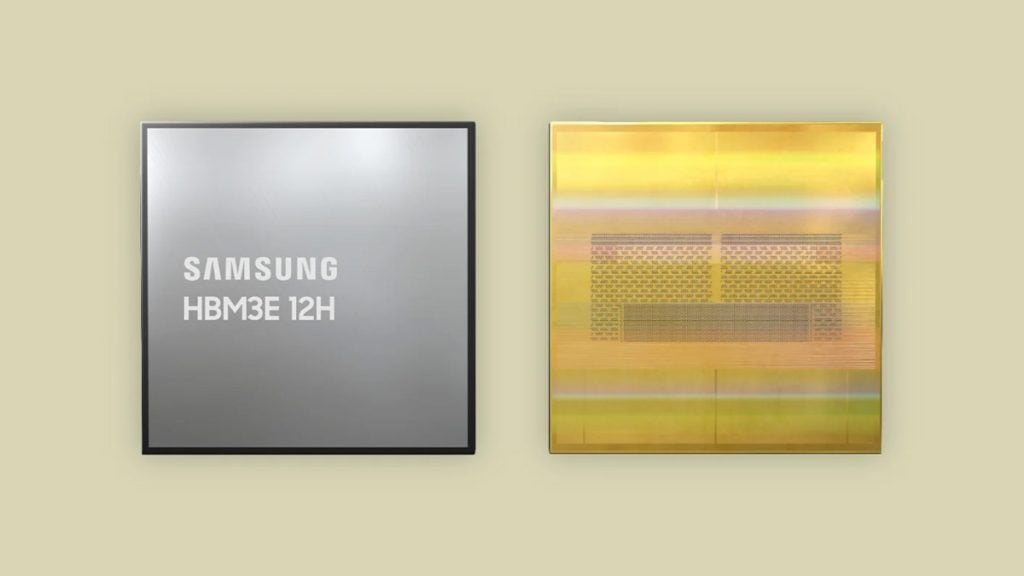Artificial intelligence technologies continue to expand their reach, appearing in a wide array of products and services. Smartphones are the latest frontier, with AI features becoming increasingly common. However, these features have been limited to high-end devices due to the demanding performance requirements of AI.
Using expensive and powerful processors in every phone for AI tasks is currently impractical. To address this challenge, Korean tech giant has developed a solution “a dedicated AI accelerator chip”. Samsung plans to launch this chip, named Mach-1, in 2025. Here are the details…
Samsung Targets AI Dominance with Mach-1
Samsung recently announced its Galaxy AI alongside with the Galaxy S24 family. This includes a ChatGPT-like language model and much more artificial intelligence tasks. However, due to the high performance demands of AI, this feature is limited to a select few models. Even powerful processors like the Snapdragon 8 Gen 3 may struggle with some future AI applications. To address this challenge, Samsung is developing its own Mach-1 AI accelerator chip.

The company has already begun development efforts. Emerging reports indicate a chip named Mach-1 is targeted for a 2025 launch. While initial models may not be power-efficient enough for immediate smartphone integration, it’s inaccurate to dismiss the possibility of a dedicated AI chip in the Galaxy S25.
This represents a significant first step, and future iterations could lead to such advancements. Additionally, Samsung plans to not only utilize the chip internally but also market it to other companies, directly competing with Nvidia. Following Nvidia’s remarkable success in AI chips over the past two years, it’s understandable for Samsung, a major player in tech, to seek entry into this market.
The dominance of Nvidia’s AI technology is evident with companies like Microsoft, Meta, OpenAI, Amazon, and Google relying on their chips, translating to billions in revenue. While Samsung is known to be developing similar processors, a concrete product launch hasn’t materialized yet. This lack of competition could potentially lead to an unbalanced market. Samsung’s entry into this field is crucial to fostering a healthy competitive environment.
RELATED:
- Get $50 Discount on Xiaomi Band 8 Pro Genshin Impact edition at Giztop (Coupon)
- Best of MWC 2024: AI Phone, Transparent Laptop, 3D Tablet & More
- Unlock Savings: Discount on Every Giztop Product under the New Year Sale
- Big Discount: AOOSTAR R1 N100 NAS Mini PC Only For $159
(via)







